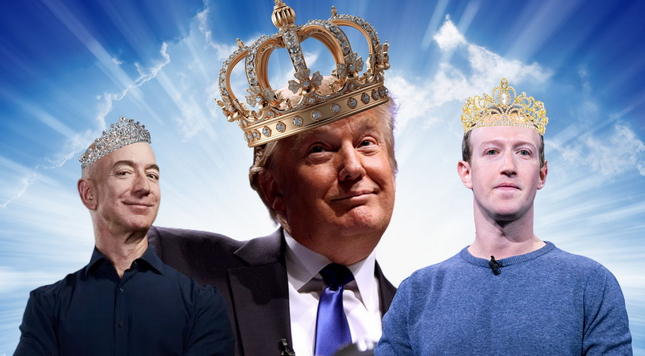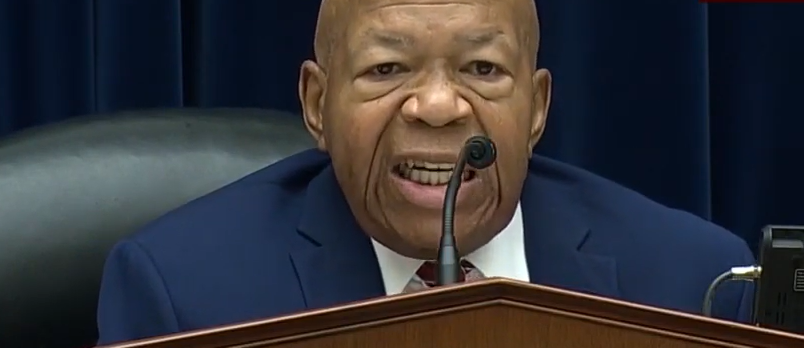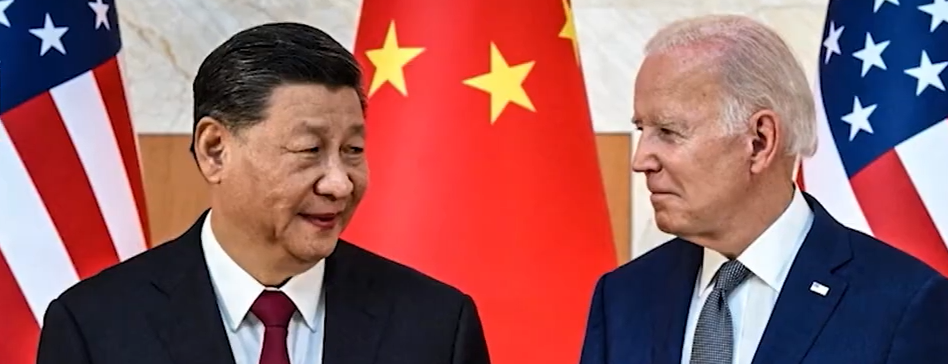Photos: YouTube
For years, there has been a push for (and some push back against) racial diversification of private corporate boards of directors. However, seldom does one hear about the racial diversification of public boards, commissions, committees, councils, task forces, etc. (henceforth, BCCCTs).
Hearing little-to-nothing on the latter topic could signal that public BCCCTs are racially diverse. Frankly, to our knowledge, no widely known and broad research on this topic is available concerning Black American participation in public BCCCTs. And even if research were available, given the outcomes that Black Americans experience, there still would be good reasons to explore the topic to determine why Black American participation on BCCCTs has not produced widespread improvements for Black Americans.
This Analysis Brief is unable to present newly collected statistics on Black American representative participation on public BCCCTs. We hope that such research will be performed and published. However, what we present here is basic information and statistics about public BCCCTs at the Federal and top ten states and local (cities) government levels. For the Federal government, we consider the number and financing of BCCCTs. For the top ten state and city governments we provide estimates of their presence.

What are BCCCTs?
They are organizational entities that are generally brought into force by executive or legislative action. Membership on BCCCTs is usually through appointment by a government executive or legislative member. Participation is generally on an unpaid and voluntary basis. BCCCTs perform mainly advisory, planning, and/or regulatory functions.
BCCCTs’ roles include providing advice and performing oversight for important government agencies, such as departments of health, education, and corrections; establishing standards for and regulating the awarding of professional licenses; advising government on optimizing commercial and entrepreneurial activities; and serving as caretakers of government informational and cultural operations, such as libraries and museums. The latter can entail the awarding of financial grants and other privileges.
Numerous benefits are associated with BCCCT membership. For example, given the close relationship between BCCCTs and government agencies, members are privy to agencies’ plans and can assist in positioning others to benefit from timely knowledge of opportunities that arise through those agencies. A prestige factor is associated with being a member of important BCCCTs. In addition, BCCCT membership enables one to interact with subject-matter experts, whichcan be a skills-sharpening and knowledge- expanding experience. Suffice it to say that BCCCT membership can pay handsome current and future dividends for members or for members’ associates and areas of influence (communities).
It may be true that Black Americans enjoy representativeness on BCCCTs at the Federal, state, and local levels. However, if the proof is in the pudding, then those members do not appear to be effective in garnering and transmitting sizeable benefits to Black American areas of influence.
Consequently, Black Americans should act to alter this outcome by becoming more familiar with BCCCTs, and then working to ensure that BCCCT appointments are extended to Black Americans who will serve as strong fiduciaries for Black areas of influence.
How prevalent are BCCCTs?
According to the US General Services Administration (GSA), just over 1,000 BCCCTs were operating during 2019 at the Federal Government level.[1] Table 1 shows the number of BCCCTs operational for the top ten US populated states and cities.

From Table 1 we determine that the top eight populated states averaged 216 BCCCTs, with Illinois leading the pack. The top nine populated cities averaged 98 BCCCTs, with New York outdistancing all remaining cities by a large margin.
While aggregate statistics are not readily available on costs associated with BCCCTs at every level of government, such cost statistics are available for the Federal Government. The GSA reports that Federal Government spending on BCCCT operations for 2019 was $373.2 million. This constituted less than one-tenth of one percent of total operational spending (Consumption Expenditures) by the Federal Government ($1,097.4 billion).2 The miniscule level of spending on BCCCTs obscures the latter’s worth. BCCCT members generally possess an elevated level of expertise that would be very costly if members were compensated for their services.
On the BlackEconomics.org website. we have advocated for several direct and indirect strategies that would advance Black America’s cause. Capturing important BCCCT memberships at all levels of government is another such strategy. This strategy is worthwhile while we remain enmeshed in the American society. However, this strategy may prove to be even more valuable when we confront the need to implement BCCCTs in a liberated Afrodescendant nation state.


Dr. Brooks Robinson is the founder of the Black Economics website.
References:
[1] See the GSA list and graphical presentation of BCCCTs at the Federal Government level from 1997- 2019 (Ret. 062922).







